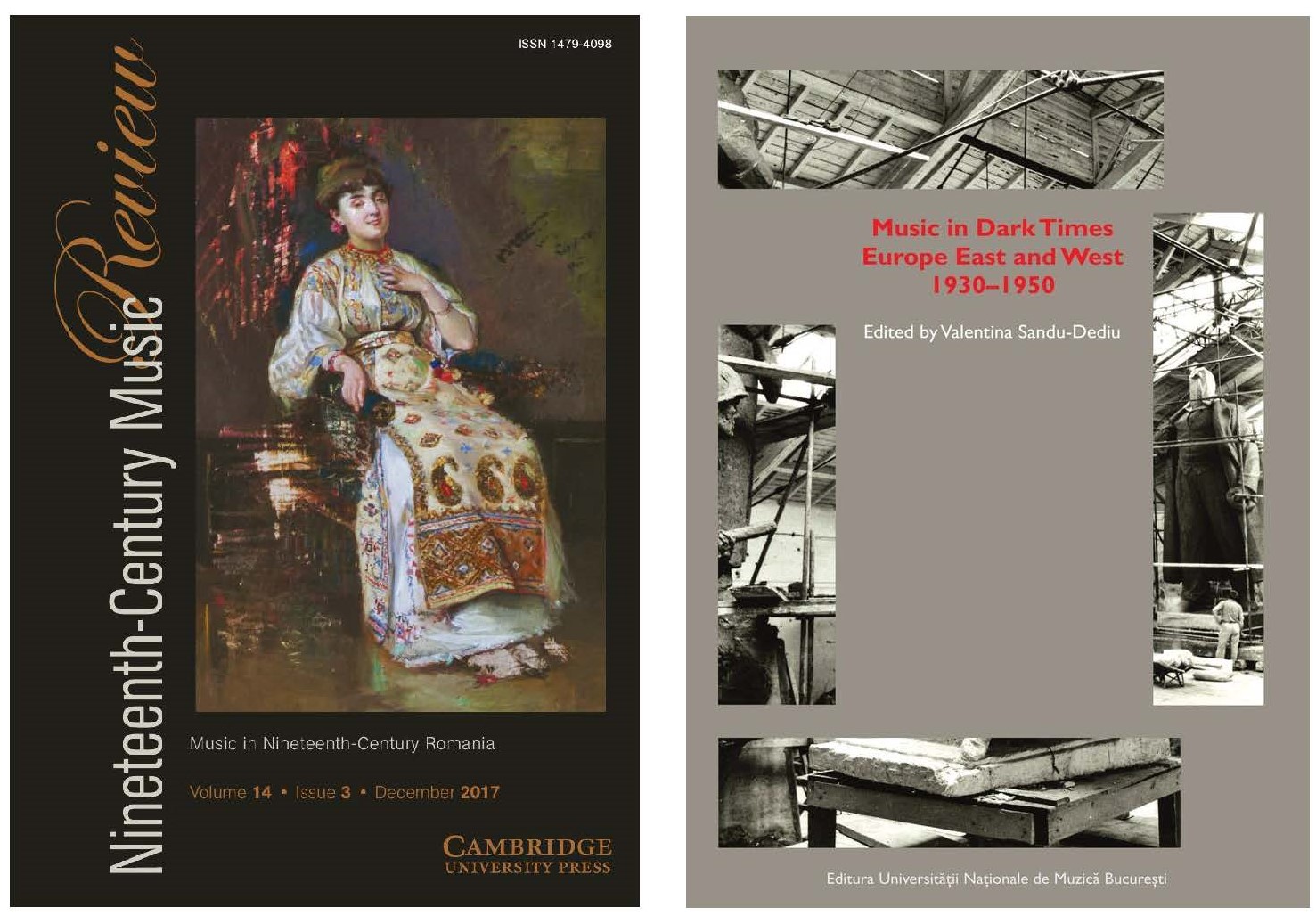Nationalism and its Effects on Music
Research ProgramsNationalism and its Effects on Music in Central and Eastern Europe since the Second Half of the 19th Century
Nationalism and its Effects on Music in Central and Eastern Europe since the Second Half of the 19th Century

This research group is supported by a grant of the Executive Unit for Financing Higher Education, Research, Development and Innovation – UEFISCDI (PN-III-P3-3.6-H2020-2020-0035), within the Prize for Excellence in Research awarded to New Europe College.
Timeframe:
2020 – 2021
Team:
Nicolae GHEORGHIȚĂ, PhD, Professor, National University of Music, Bucharest
Costin MOISIL, PhD, Associate Professor, National University of Music, Bucharest
Florinela POPA, PhD, Associate Professor, National University of Music, Bucharest
Corina-Antigona RĂDULESCU, PhD, Professor, National University of Music, Bucharest
Coordinator:
Valentina SANDU-DEDIU, PhD, Rector, New Europe College, Professor, National University of Music, Bucharest

The team members contributed to:
–Nineteenth-Century Music Review: Music in Nineteenth-Century Romania (Cambridge University Press, Volume 14, Special Issue 3, 2017)
–Music in Dark Times: Europe East and West: 1930-1950 (Editura Universității Naționale de Muzică, București, 2016 )
The founding of new states in nineteenth-century Europe – especially those in the central and eastern parts of the continent – inevitably generated and inspired creations whose musical ideas or motifs (emerging from folklore or religious music, with specific rhythms and harmonies, etc.) expressed their belonging to a country, an ethnic group, a religious community or even a geographical region. In the developing states of Central and Eastern Europe these national “sound identities” are significantly more prominent, being generated and reinforced on the one hand by independence movements and on the other by a certain reaction, subtly expressed, to the tradition of great European music, which dominated the era, although, paradoxically, local compositions made full use of the resources of the Western-type ones.
This research group aims to investigate the forms and ways in which nationalism has left its mark, influencing and shaping music production in its various forms (composition, performance, musicology, etc.), as well as the establishment and mission of specialized institutions in the developing countries of Central and Eastern Europe, starting from the second half of the nineteenth century until after World War II.
Events within the Program:
-International Conference
Defining Nations Musically: Discourses on Nationalism in 20th Century European Music
25 June 2021, Zoom
-Roundtable
Noi istorii ale muzicilor românești
25 February 2021, Zoom